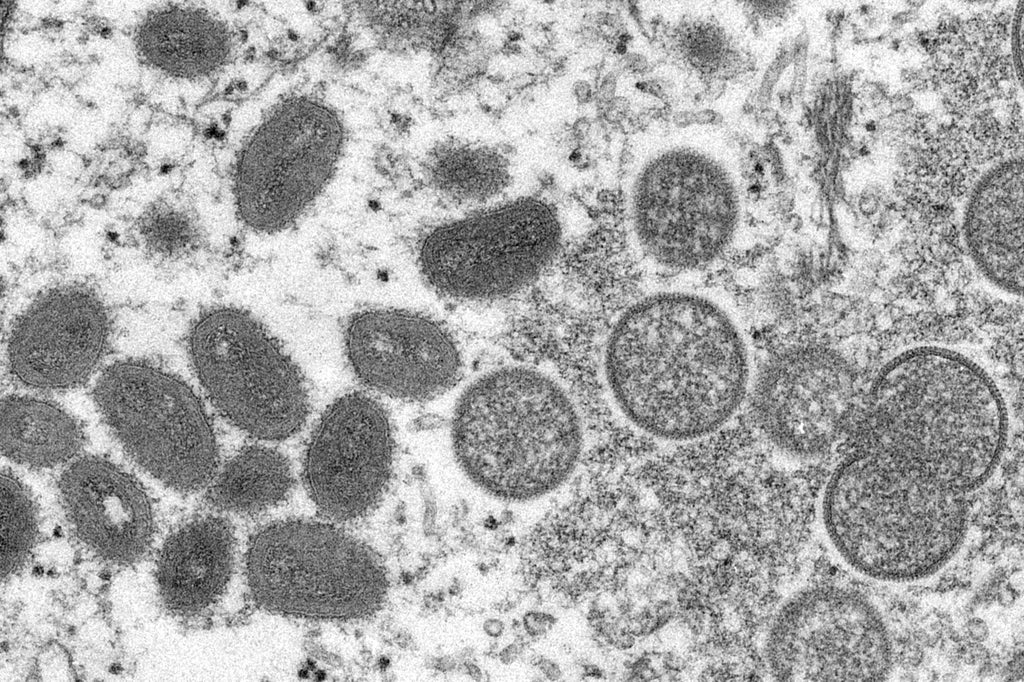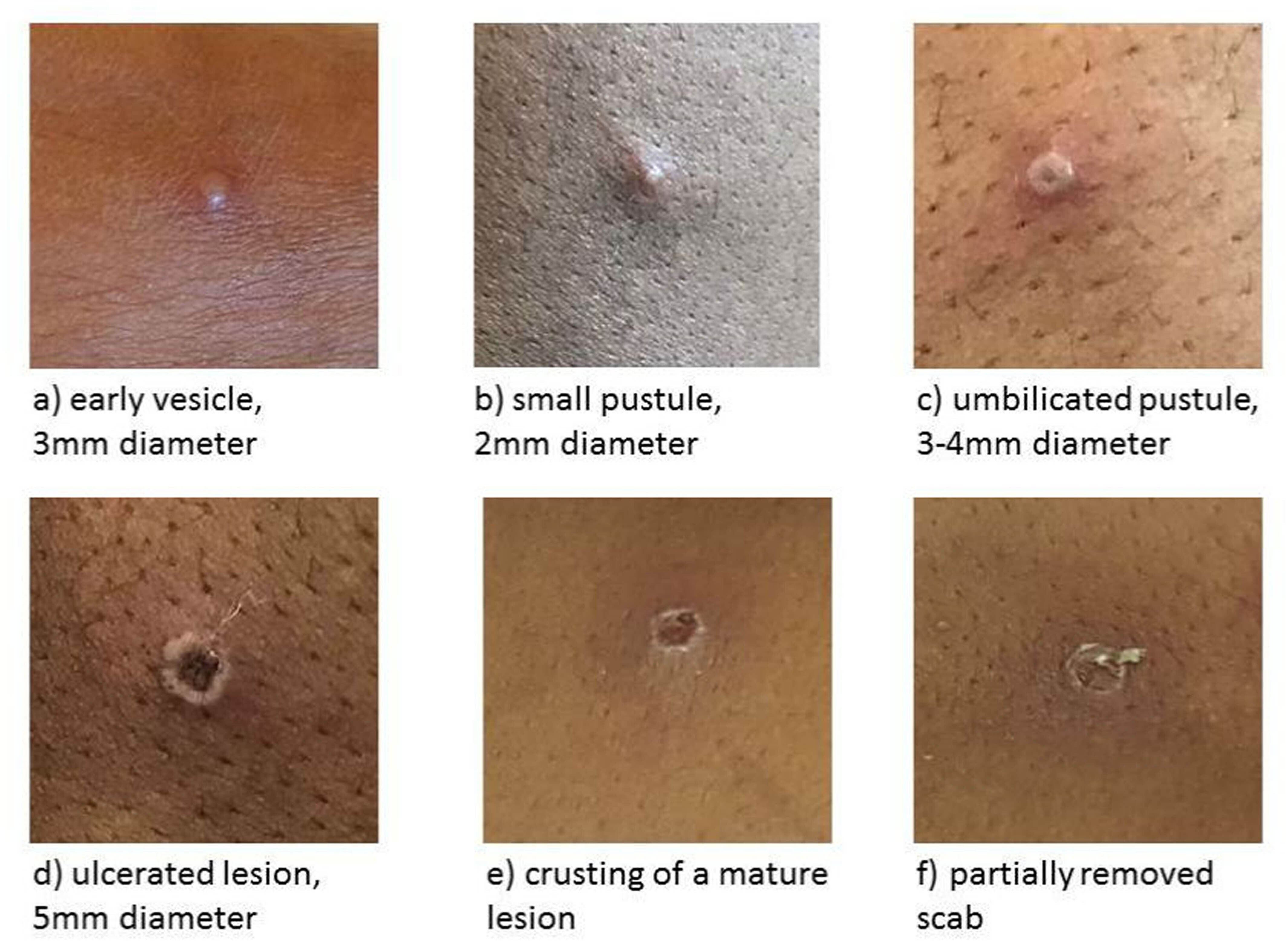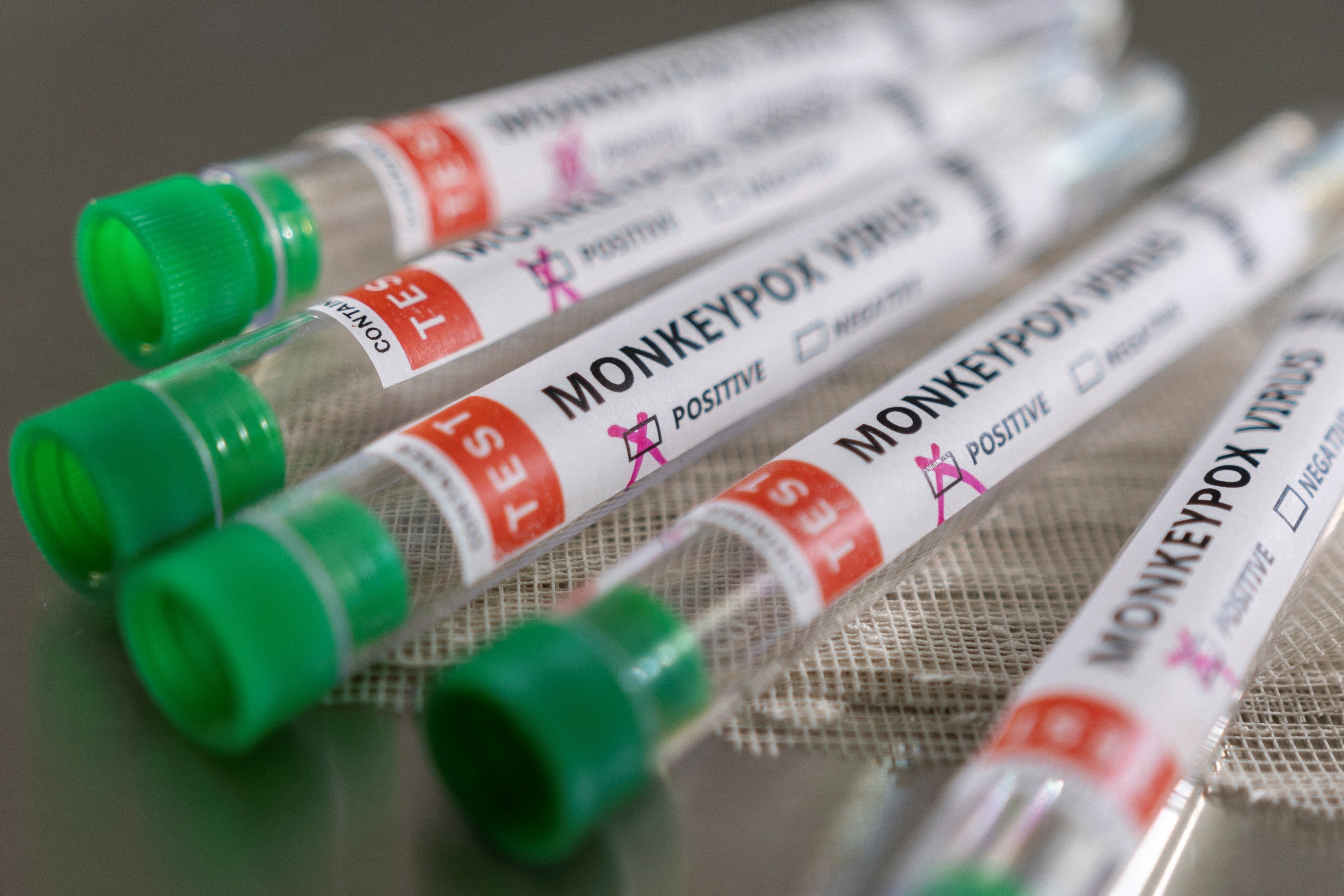
Superspreader events are likely behind the rise in global monkeypox cases, a leading scientist has warned, with infections detected in 15 countries so far.
Austria, Israel and Switzerland and are the latest countries to confirm cases of the rare viral infection. Switzerland and Israel both said they had identified one infected person who had recently travelled abroad, while the latter is investigating other suspected cases.
More than 90 cases have been confirmed in the recent outbreak in Europe, the US, Canada and Australia, according to the World Health Organisation.
Sir Jeremy Farrar, the director of Wellcome, said “we have never seen anything like this before, with such a number of cases” in so many countries.
He told BBC Radio 4's Today programme that there have been small outbreaks in the past, with cases recorded in the UK, but “this is different, something has changed”.
Monkeypox is usually found in West Africa, and the virus does not tend to spread easily between people. The illness is usually mild and those who are infected with the virus typically recover in a matter of weeks.
Sir Jeremy said: “The virus may have changed, but I think that's unlikely. More likely is, I think, that the niche that this virus now finds itself in has allowed for some superspreader events and those individuals involved in that have then travelled to other parts of the world and taken the infection with them.”

Cases have been detected in: Australia, Belgium, Canada, France, Germany, Italy, the Netherlands, Portugal, Spain, Sweden, the US, the UK, Isreal, Switzerland and Austria.
A leading adviser to the WHO described the outbreak of cases as “a random event” that might be explained by two recent mass events in Europe.
Dr David Heymann, who formerly headed WHO's emergencies department, said the leading theory to explain the spread of the disease was sexual transmission - and the close contact that it brings - among gay and bisexual men at two raves held in Spain and Belgium.
“We know monkeypox can spread when there is close contact with the lesions of someone who is infected, and it looks like sexual contact has now amplified that transmission,” said Dr Heymann.

That marks a significant departure from the disease's typical pattern of spread in central and western Africa, where people are mainly infected by animals like wild rodents and primates and outbreaks have not spread across borders.
The disease can be fatal in about 10 per cent of infections, but no deaths have been reported among the current cases.
WHO said the outbreak is “atypical” and said the fact that cases are being seen in so many different countries suggests the disease may have been silently spreading for some time.
The agency's Europe director warned that as summer begins across the continent, mass gatherings, festivals and parties could accelerate the spread of monkeypox.
Other scientists have pointed out that it will be difficult to disentangle whether it is sex itself or the close contact related to sex that has driven the recent spread of monkeypox across Europe.
“By nature, sexual activity involves intimate contact, which one would expect to increase the likelihood of transmission, whatever a person's sexual orientation and irrespective of the mode of transmission,” said Mike Skinner, a virologist at Imperial College London.

Symptoms include fever, headache, muscle aches, backache, swollen lymph nodes, chills and exhaustion. A rash can develop, often beginning on the face, which then spreads to other parts of the body including the genitals.
The first case identified in the UK was in a person who had returned from Nigeria, but other cases are unrelated to travel.
Dr Heymann said the monkeypox outbreak was likely a random event that might be traceable to a single infection.
“It's very possible there was somebody who got infected, developed lesions on the genitals, hands or somewhere else, and then spread it to others when there was sexual or close, physical contact," he said. "And then there were these international events that seeded the outbreak around the world, into the US and other European countries.”
However, Dr Heymann that the disease was unlikely to trigger widespread transmission.
“This is not Covid,” he said. “We need to slow it down, but it does not spread in the air and we have vaccines to protect against it.”







